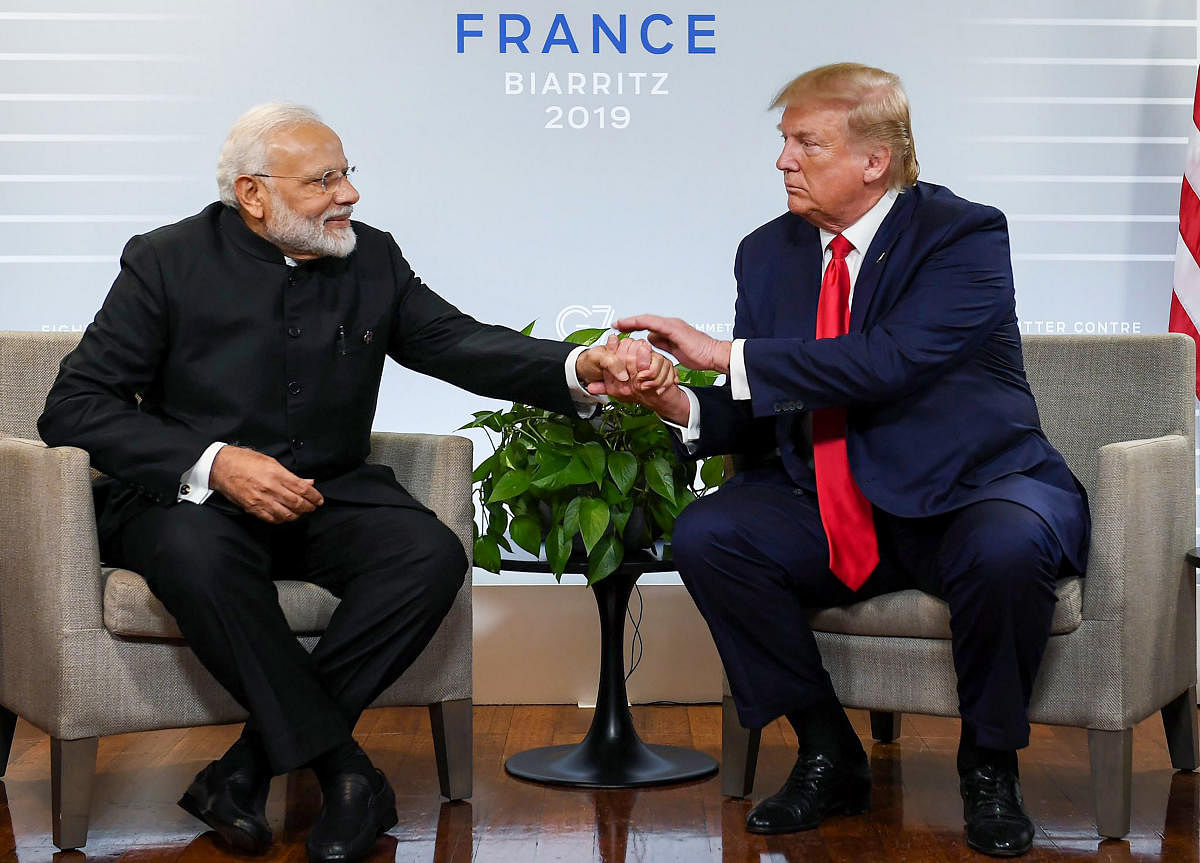
Prime Minister Narendra Modi is set to meet US President Donald Trump to discuss trade issues between the two countries in a few days’ time. Health workers and doctors working with patients suffering from tuberculosis, HIV/AIDS, cancer, those needing artificial prosthesis like stents, etc., are worried that the trade decisions may hurt patients as they may not be able to get access to many life-saving medicines. This is a matter of importance not just for India, but for most of the world. Health workers and doctors not just in India but those in other developing countries are eagerly watching the outcome of these trade discussions. Will the trade negotiations end up trading away lives?
During these trade negotiations, both countries are likely to discuss amending trade laws. Needless to say, the country that is economically stronger will try to bend the weaker country and thus force it to change laws that often protect its drug manufacturing capabilities.
One needs to go back to examine as to how the American drug manufacturing companies have complained to their government about India’s trade laws. The US pharma companies have in no uncertain terms expressed their displeasure with regard to several aspects of the Indian Patent Act (IPA). Time and again, they have said that the IPA is hurting their business and so, in turn, they have compelled the US government not only to keep a strict vigil on Indian trade laws through the Special 301 provision but also to take punitive action on India if it does not oblige.
The Special 301 report is an annual report prepared by the Office of the United States Trade Representative (USTR) that identifies trade barriers to US companies and products posed by the intellectual property laws, such as copyright, patents and trademarks, of other countries. The report names countries on “watch lists” in line with its powerful pharmaceutical industry’s demands that call for more stringent intellectual property standards and enforcement in India and other developing countries.
The report this year raised several major allegations against the Indian Patent Act (IPA). Firstly, it said India should not use compulsory license (CL) — a mechanism that has been used by the government when it decides to revoke the grant of patents on public health grounds. Compulsory Licensing has been used by the US itself as well as by several European countries. On the other hand, India has so far granted CL to only one drug. Secondly, the report wants India to dilute section 3(d) of the IPA, which prevents the grant of frivolous patents. Thirdly, Special 301 ranks the Indian pharmaceutical sector as being the largest producer and exporter of counterfeit medicines globally.
A careful examination of these charges levelled against the Indian Patent Act and the Indian pharmaceutical industry shows the deliberate attempt of the US to weaken the well-crafted TRIPS-compliant patent legislation and malign a vibrant generic pharmaceutical industry.
The USTR picks on countries that have patents laws that would promote their own drug companies and could someday start challenging US drug companies for the global market. Not surprisingly, India is named in the report for our IPA law with regard to its patentability period criteria, compulsory licensing criteria and absence of additional intellectual property monopoly-data exclusivity. All these components of IPA and, in addition, the drug regulatory laws and policies have helped to protect price-lowering generic competition — so much so that India is known as the “pharmacy of the developing world” because it supplies affordable, quality generic medicines globally. For example, since 2003, over 20 million people living with HIV in developing countries have received treatment for HIV and AIDS largely due to the availability of safe, effective and affordable generic antiretrovirals (ARVs) from India. It was possible largely because of the Indian patent law.
All this may come to a grinding halt if Prime Minister Modi obliges the US President. Will the “Pharmacy of the Developing World” come to an end soon? All this and much more will depend on the negotiations that take place between Modi and Trump.
Towards strengthening Modi’s hands, several public health activists have written an open letter addressed to the prime minister, informing him that “US demands on price controls and intellectual property threaten India’s public health-friendly patent laws and compromise the government’s ability to fulfill its obligations on the right to health, which is part of Article 21 of our Constitution.”
The US has in the past tried to bully the Indian government. For example, earlier this year, the US withdrew benefits extended to India under the Generalized System of Preferences (GSP), which was an attempt to strong-arm India into changing its IP policies to suit American interests. However, India stood up to the US at the time. Will India continue to stand up to the US on this matter?
(The writer is president, Drug Action Forum – Karnataka)